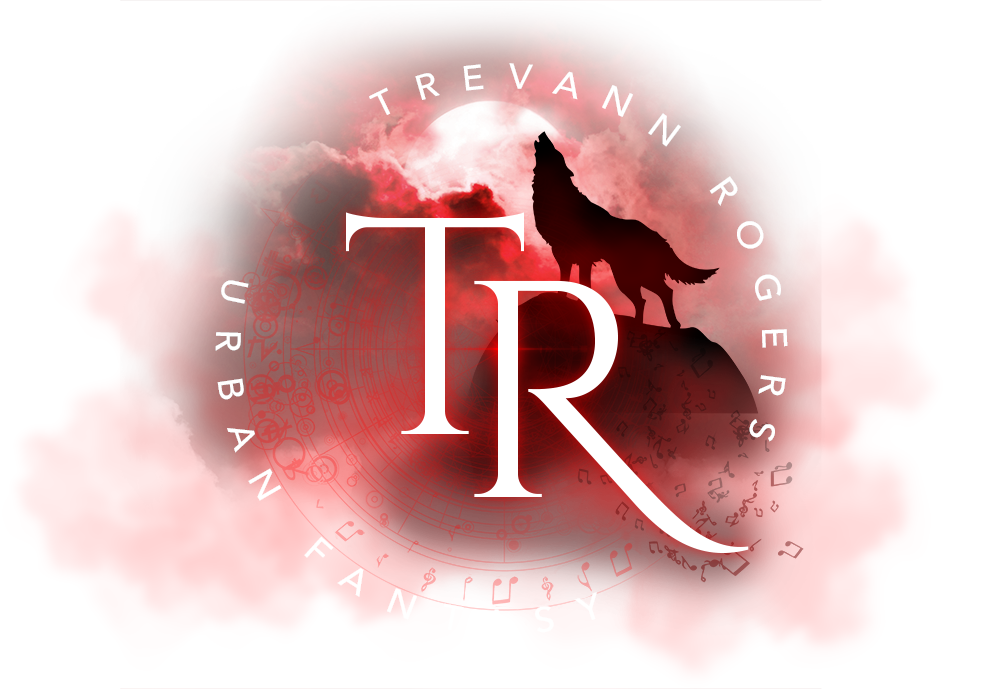It's Always the First Day of School
Today was the first day of the semester. As an educator, the rhythm is the same as it ever was—the year starts in September, the world takes a break during December and early January, and then things wind up again until May or June.
This half of the year is always worse than the first half in academia. I don’t know why. It just is. You can see it on the student’s faces and in their slow shuffle to classes. I can feel it in my bones as my workload gets heavier in a way that eclipses the Fall semester.
But for now, things aren’t too bad. The parking was ludicrous and the copier didn’t work. The students were awake and more engaged than usual on the first day. My first day stage fright persisted. Thankfully, no one noticed.
Do any of you educators still experience getting nervous on the first day?





